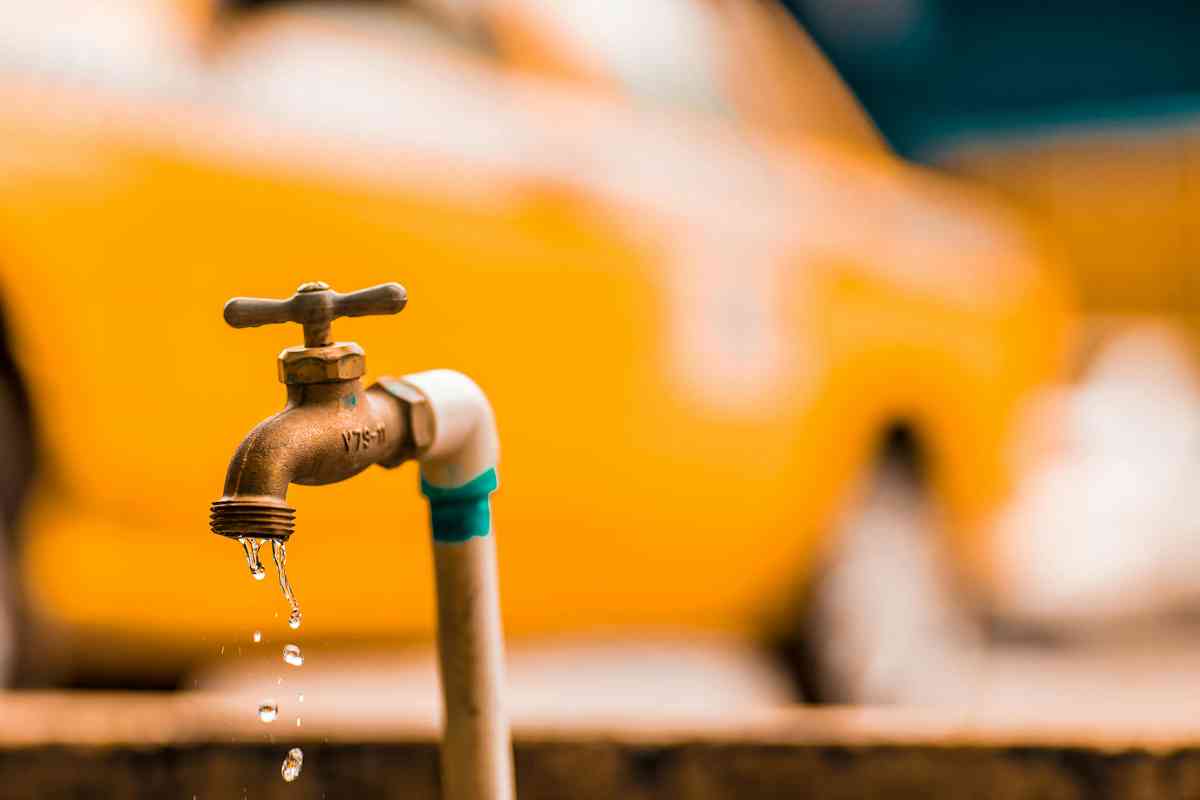Plumbing issues can occur anywhere in the home, but the good news is, with proper maintenance, you can save yourself immense stress, money, and even valuables. These losses can be particularly painful when it's something that easily could've been avoided.
First let's take a look at some common plumbing problems, and the signs to watch for:
- Eroding and/or discolored pipes
- Cracked areas on the plastic parts
- Rust deposits
- Frayed metal on braided supply lines
As many of the issues stem from general wear and tear, it's crucial to examine problem areas, such as under sinks, around toilet attachments, water heaters, appliances, etc. Leaks are most common at connection points, so be sure to inspect those areas consistently. You'd also benefit from learning where your water shutoff valve is located, and how to use it. Having your plumbing system inspected by a professional and ask them to 'tag' important plumbing valves so you know where to go in an emergency to shut things off. Slow water seepage can be especially insidious, as the damage can be extensive and unseen, so definitely inspect areas where water could back up and look for signs like peeling paint, warped floors, and discoloration. When you do replace parts or get repairs done, be sure to tag those things with dates, so you know when it's time to get them inspected or replaced again. Chemical compounds in water can also expedite erosion and rust, so consider having the pH of your water tested (and potentially treated).
There are some installations, such as water leak detectors, that can help your peace of mind and in some cases, are a requirement when looking for insurance coverage. The more aware you are, the better prepared you can be, which is always something we encourage! There are some home projects that you can DIY without concern but when it comes to plumbing, a professional is the best option, as it can be easy to make one small mistake that can cause problems in the future.
Some general recommendations to help you stay ahead of any potential damage, are:
- Flush water heater
- Inspect garbage disposals
- Ensure proper drainage in showers and bathtubs
- Use chemical drain cleaners periodically
- Install drain guards
- Be mindful of what is flushed down the toilet
- Insulate pipes
- Check water pressure using a pressure gauge
- Avoid pouring grease and/or oil down the drains
- Monitor your water bill for any excessive or notable changes
- Keep an eye out for old or damaged grout and caulking
- Ensure all members of your household are aware of the potential for issues and ways to aid in preventing plumbing problems
If you're going out of town or away for a prolonged period of time, shutting the water off completely can be a good option, though consulting with a professional is recommended before taking this step. A few other things you can do if you're going out of town, for business or vacation, are:
- Check your thermostat and aim to keep your home temperature from going below 55 degrees
- Take a look at your sump pump and ensure it's functioning properly and the area around it is clean and unobstructed
- Cleaning any blocked gutters, as the blockage(s) can cause water backup, allowing water to potentially get into the walls of your home
- Think about humidity levels, as humidity promotes the growth of mold
- Have a friend or neighbor check in on your space, so if there is any issue, you're not caught unaware
There are many water claims that are easily preventable, if you take proactive measures. Give us a call at the office if you have any questions, or would like to add/increase water leakage and water backup coverage to your policy.
